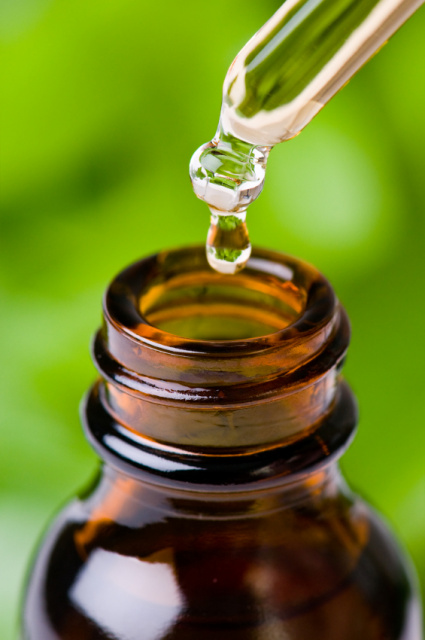Try some natural remedies for anxiety and other emotional distress
Perhaps you have experienced a flash of strong emotion from simply smelling something like natural gas. Perhaps a particular aftershave or fragrance triggers a rush of emotions from your past. These are what Dr. Daniel Pénoël calls “limbic brain experiences.”
The American physiologist Paul D. MacLean spent his career studying the brain and in particular the limbic system. He explains that our brain is actually three superimposed brains, which he relates to the evolutionary process. He called them the reptilian brain, the mammalian brain, and the neo-cortex. Each brain is independent from the other two in certain ways.
The primitive reptilian brain manages our ability to survive. Hunger, thirst, sexuality, and self defense are governed by this brain. The limbic system is next. It is called the brain of the passions. It is in charge of emotional memory, food cravings, aggression, and maternal behavior. Our sense of smell is tied most directly into this area—the “heart” of the brain—the area of passion and pleasure. All our other senses are primarily associated with the neo-cortex.
Aromatic signals go directly to your brain without passing through your thought processes like your other senses do. Aromas can instantly create a mood, a bond, a liking or a disliking without any conscious thought at all. For this reason aromas can anchor strong feelings, break self-destructive emotional habits, and create relaxing or stimulating emotions that are difficult to manage in other ways. That's also why they can help with things like emotional eating or overcoming addictions
How to create your own natural remedies for anxiety and other emotional distress
1. Scan through the descriptions of the “emotion oils” on our website (www.youroilessentials.com). Decide which kinds of behaviors and emotional responses you would like to have and order a few of these oils.
2. Give yourself a positive experience with these oils. Anchor them in your emotional sub-conscious by using them during good, calm and happy times. Diffuse them. Use them in a relaxing bath. Put them on your pillow and enjoy them when you’re feeling great.
3. Then when anxiety, conflict or negative emotions show up, use these oils to turn your emotions around. It may start with a conscious process at first, but soon you’ll find your emotions automatically flowing where you are directing them with these aromas. Your thoughts don’t have to linger in negative emotions if aromas can help them flow in a better direction.
4. Go through the oils you enjoy using and try to identify the emotions they bring up. For example, if Heart Song is especially pleasant for you, then use it often in happy times. Then use it occasionally to calm anxiety, fears or grief.
5. Don’t try to reverse-engineer your emotions. For example, if you only wear Heart Song when you are anxious, fearful or in grief, your limbic brain may begin to associate Heart Song with these negative emotions. Make sure your particular aroma locks in the right positive emotion, then use it for that purpose.
Please share with us your personal experiences with this process and what you learn.


